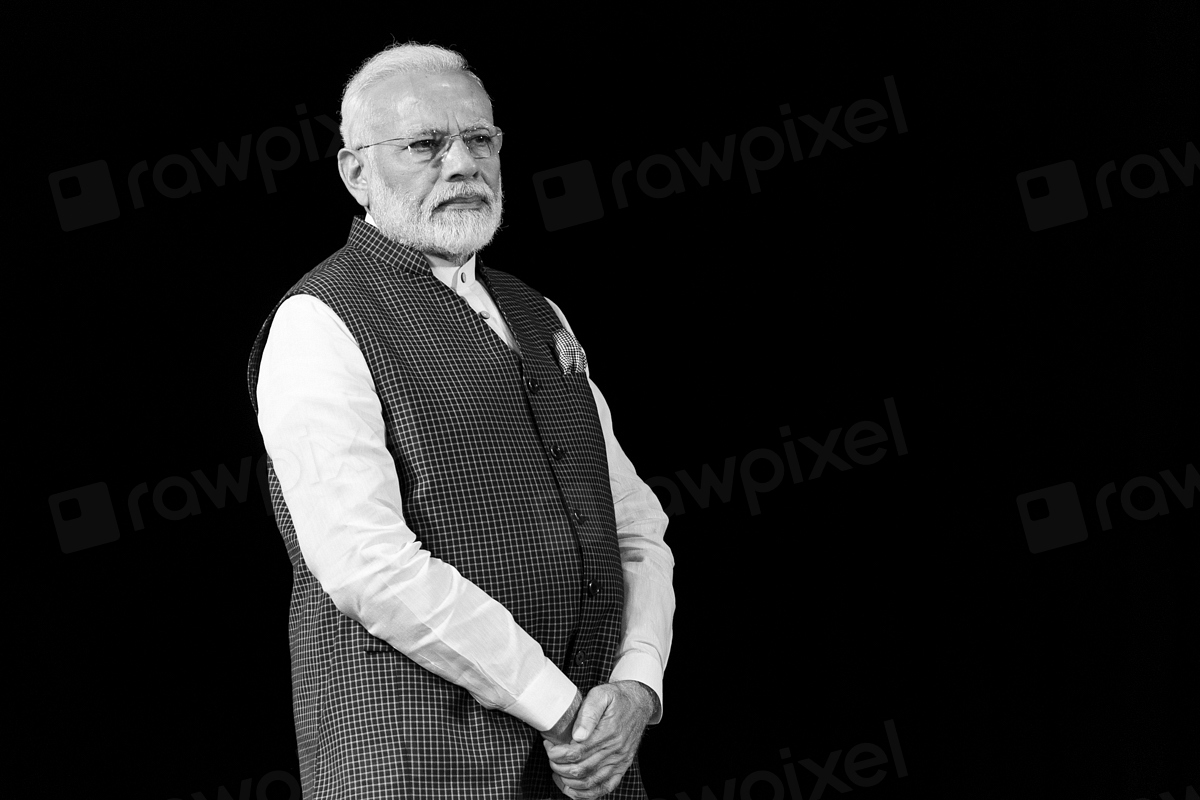This year, Prime Minister Narendra Modi has decided not to attend the 80th session of the United Nations General Assembly (UNGA) in New York. Instead, India will be represented by its External Affairs Minister, S. Jaishankar, who will deliver the country’s address on September 27, 2025.
Reasons Behind the Decision
1. Rising Trade Tensions with the US
Recent trade disputes between India and the United States may have influenced this choice. Earlier in 2025, the US imposed tariffs on several Indian goods, including Russian oil imports, which escalated economic tensions. Sending a minister instead of the Prime Minister could be a way to acknowledge the issue without escalating diplomatic pressure.

2. Strategic Diplomatic Approach
By not attending personally, PM Modi may be signaling a cautious approach in dealing with the ongoing geopolitical and trade-related complexities. India maintains its presence at the UNGA while ensuring its leadership is focused on other pressing domestic and regional matters.
3. Prior Engagements
PM Modi has also had other commitments during this period. This is consistent with past instances when he prioritized domestic engagements over international visits, reflecting the government’s focus on internal priorities.
Global Context
PM Modi is not alone in skipping this year’s UNGA. Other world leaders, including Russian President Vladimir Putin and Chinese Premier Li Qiang, have also opted out of attending in person. This trend indicates a broader reassessment of international participation amid shifting global dynamics.
Bilateral Tensions with the US: There are ongoing trade tensions between India and the United States, particularly regarding tariffs imposed by the US on Indian goods and India’s purchases of Russian oil. A meeting between PM Modi and US President Donald Trump during the UNGA session would be highly anticipated, and avoiding the trip may be a way to navigate the current diplomatic climate without a high-stakes encounter.
- BMI Calculator
- Firozabad AQI:कांच की चमक के पीछे धुंधलाता
- 2026 Kia Seltos HTE ने ‘Base Model’ की परिभाषा बदल दी है?
- Global Hunger Index (2026): स्थिरता और संकट के बीच जूझती दुनिया
- Firozabad ka aqi kitna hai
Focus on Domestic and Other Engagements: Leaders often skip the UNGA due to a packed domestic or international travel schedule. It is not uncommon for a head of government to send their foreign minister to represent the country, especially when there are other pressing matters
Conclusion
India’s decision to send a minister rather than the Prime Minister reflects a careful balance between maintaining international visibility and managing domestic and diplomatic priorities. While PM Modi’s absence may raise questions, the government’s representation at the UNGA ensures that India’s voice on global issues remains strong.
- iPhone 17 Pro Max Launch Date: 10 Reasons to Wait for iPhone 17 Series
- Green Vegetables Benefits – हरी सब्ज़ी खाने से होने वाले 10 बड़े फायदे
- क्या BRICS देश मिलकर अपनी मुद्रा बना सकते है?
- QUAD की बैठक; India-America की तनातनी के बीच क्या रद्द होगी ?
- JPG to PNG to WEBP converter
- Convert Any File Into PDF
- Facts About Tomatoes That You May Not Know
- Age Calculator
- Rashii Khanna: Biography, Career, Movies, Awards and Unknown Facts
- Vicky Kaushal & Katrina Kaif Announce Pregnancy: A New Chapter Begins
